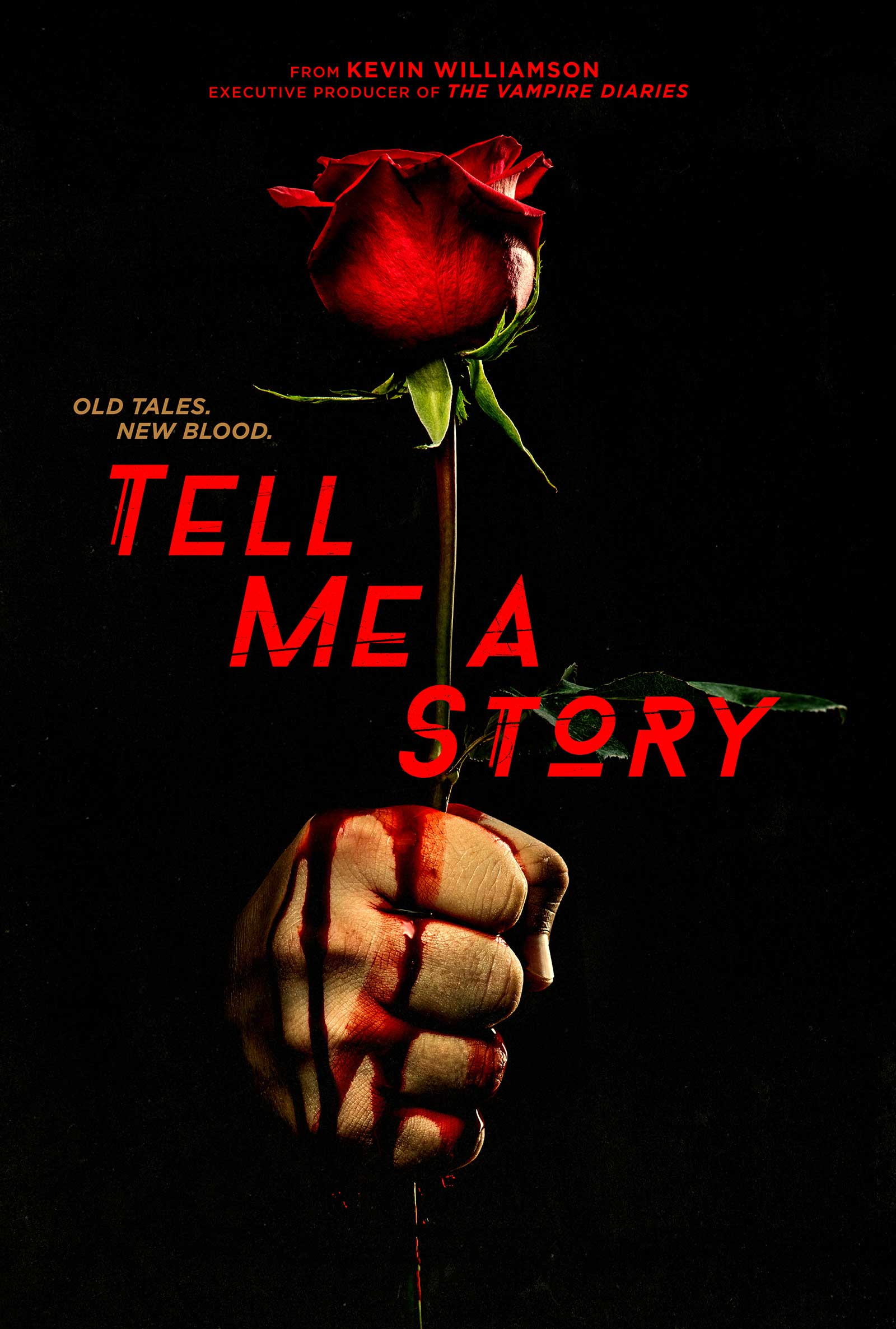Unraveling The Enigma: Tell Me A Story Kpkuang
In a world filled with countless tales waiting to be told, the phrase "tell me a story kpkuang" beckons the imagination to step into a realm of wonder and curiosity. Each story has its unique essence, capturing the hearts of listeners and transporting them to places they have never been. The allure of storytelling lies in its ability to connect us, to share experiences, and to ignite our creativity. Whether it's a tale of adventure, love, or mystery, the call for a story is universal and timeless.
As we delve deeper into the world of “tell me a story kpkuang,” we begin to appreciate the rich tapestry of narratives that shape our understanding of culture and humanity. Stories are not just entertainment; they serve as vessels of wisdom, teaching life lessons and imparting values. The phrase resonates with anyone who has ever yearned for a good yarn, a captivating adventure, or a heartwarming narrative that lingers long after the telling.
This article aims to explore the significance of storytelling, particularly through the lens of "tell me a story kpkuang." We will unravel the threads of narrative, examining not only the stories themselves but also the storyteller's role in this age-old tradition. So, whether you are a seasoned storyteller or a curious listener, prepare to embark on a journey filled with tales that inspire, entertain, and connect us all.
- Discovering The World Of Mkvmoviespoint Net A Cinematic Haven
- Unveiling The Allure Of Shanin Blakes Onlyfans Journey
What is the Origin of Kpkuang?
The term "kpkuang" may not be widely recognized, but it holds a unique place in certain cultures and communities. It can refer to a specific story, a genre of tales, or even a character known for their adventures. Understanding its origins can deepen our appreciation for the stories that follow.
Who is Behind the Kpkuang Stories?
Many stories attributed to kpkuang come from local folklore or modern storytellers who have adapted traditional tales for contemporary audiences. These individuals breathe life into characters and plots, drawing on both personal experience and cultural heritage.
What Makes Kpkuang Stories Unique?
Kpkuang stories often incorporate elements that resonate with the audience, drawing on shared experiences and cultural references. They may include moral lessons, humor, or even fantastical elements that captivate listeners’ imaginations.
- Unraveling The Mystery What Happened To Aubreigh Wyatts Dad
- Discover The World Of Entertainment With Mkvmovies Pointin
Can You Tell Me a Story Kpkuang?
Of course! Here's a brief tale that exemplifies the spirit of kpkuang:
- Once upon a time in a small village, there lived a wise old man named Kpkuang.
- Kpkuang was known for his enchanting stories that could heal the hearts of the sorrowful.
- One day, a young girl approached him, burdened by her troubles.
- With a warm smile, Kpkuang began to weave a tale of hope and resilience, reminding her that every challenge is an opportunity for growth.
What Life Lessons Can We Learn from Kpkuang Stories?
The stories of kpkuang often come with profound life lessons. Here are a few common themes:
- The importance of community and support.
- The value of perseverance in the face of adversity.
- The beauty of embracing one's uniqueness.
- The power of compassion and kindness.
Are Kpkuang Stories Relevant Today?
Absolutely! In today's fast-paced world, the need for storytelling remains as vital as ever. Kpkuang stories connect generations, fostering a sense of belonging and shared understanding. They remind us of our roots while inspiring us to dream of new possibilities.
What is the Cultural Significance of Kpkuang?
In many cultures, storytelling is a revered art form. Kpkuang stories can provide insight into societal values, historical events, and the collective consciousness of a community. By preserving these narratives, we maintain a link to our heritage and the wisdom of those who came before us.
How Can We Keep the Kpkuang Tradition Alive?
Keeping the tradition of kpkuang alive requires active participation from both storytellers and audiences. Here are some ways to contribute:
- Encourage local storytellers to share their tales.
- Attend storytelling events and workshops.
- Pass on stories within your family and community.
- Utilize social media platforms to share and promote kpkuang stories.
What is the Future of Kpkuang Stories?
The future of kpkuang stories is bright, as they continue to evolve with the times. With the advent of digital storytelling and multimedia platforms, these narratives can reach wider audiences than ever before. As long as there are hearts willing to listen and minds eager to share, the stories will thrive.
Conclusion: Why You Should Embrace Kpkuang Stories
In conclusion, "tell me a story kpkuang" is more than just a request; it is an invitation to explore the depths of human experience through the art of storytelling. These narratives not only entertain but also educate, inspire, and unite us. By embracing the tradition of kpkuang, we honor the storytellers of the past and pave the way for future generations to share their tales. So the next time you hear the phrase, remember the power that lies within a simple story.
Article Recommendations



Detail Author:
- Name : Nakia Nikolaus II
- Username : bernice.pfeffer
- Email : norris17@hill.net
- Birthdate : 2001-01-11
- Address : 189 Harvey Plaza New Millieville, MS 84558-0747
- Phone : 754.754.0472
- Company : Reynolds-Connelly
- Job : Protective Service Worker
- Bio : Odio similique ea placeat laborum ratione incidunt. Veniam quia autem rerum quis corrupti facilis.
Socials
instagram:
- url : https://instagram.com/feeney2004
- username : feeney2004
- bio : Delectus qui quis rerum. Possimus eum suscipit sed. Id facere provident dicta ut.
- followers : 6357
- following : 581
twitter:
- url : https://twitter.com/ahmedfeeney
- username : ahmedfeeney
- bio : Possimus accusantium tempore reiciendis est architecto. Ut consequatur consequatur provident. Voluptatem error quod qui dolorem eius.
- followers : 2849
- following : 2725
facebook:
- url : https://facebook.com/ahmedfeeney
- username : ahmedfeeney
- bio : Cumque tempora dolor impedit occaecati dicta aliquid.
- followers : 113
- following : 1887
tiktok:
- url : https://tiktok.com/@ahmed.feeney
- username : ahmed.feeney
- bio : Fugiat sit sapiente porro voluptas sed dignissimos modi.
- followers : 5409
- following : 2628
linkedin:
- url : https://linkedin.com/in/ahmed_official
- username : ahmed_official
- bio : Consectetur qui dolores tempore.
- followers : 5141
- following : 389